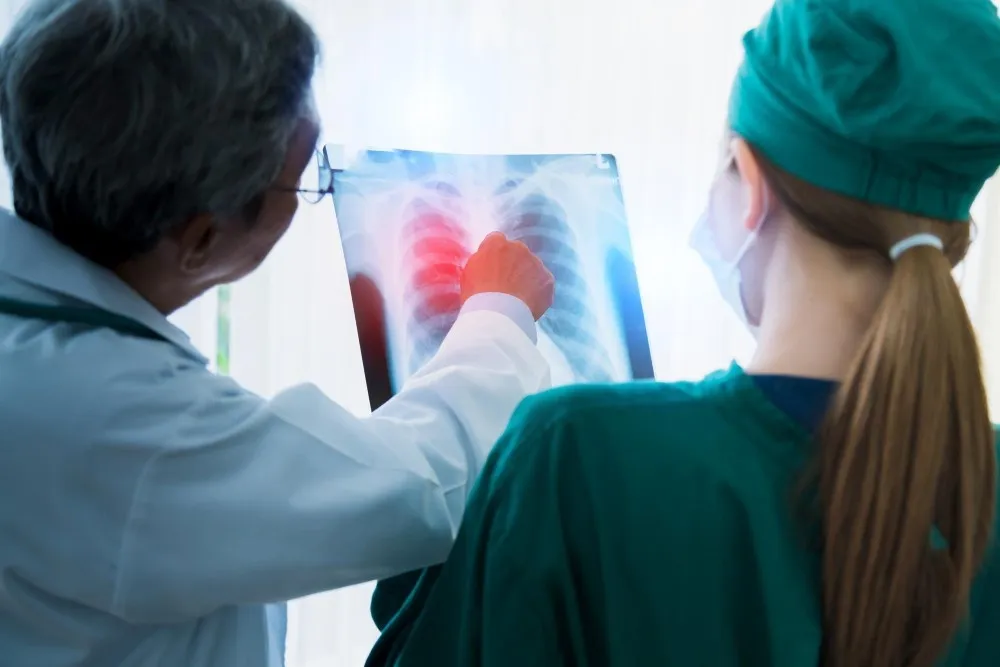Frequently Asked Questions About PET Scan
1. What is PET Scan?
Positron Emission Tomography is a non-invasive imaging technique that reports the functional activity, constitution and physiology of cells in the human body. PET scans are accurate and help in diagnosing diseases including cancer at its early stages. The process completes and confirms the finding of all other scans that are being used to study the body's internal structures.2. Why is PET Scan performed?
PET Scan is performed to understand the factors at the cellular level that are contributing to a disease or abnormal condition. What a single PET scan can achieve would otherwise be known through several tests and, if required, surgery. In most cases, PET scans are prescribed to detect and monitor cancer which has been disseminated to various body parts. Causes of heart disease, epilepsy, cancer, etc. are found using PET scans. PET scan is also used extensively in medical research.3. Types of PET Scan?
The different types of PET scans seen in the medical world today are targeted towards different parts of the body and may use specific chemicals. They are as follows:- Fluorodeoxyglucose FDG PET: Fluorodeoxyglucose, also called FDG is used as a radiopharmaceutical in PET procedure. It is a sugar-like substance that carries the radioactive element in it. We all know that tumours need sugars to proliferate. FDG PET is used to image almost all types of tumours in any part of the human body. Specifically, it is useful in creating exact functional images of inflammation, brain function and infection.
- DOTA-NOC and DOTA-TATE (GaTate) PET: This procedure is mainly used for creating images of phaeochromocytoma, paraganglioma, neuroendocrine tumours, or neuroblastoma.
- Fluoride bone PET: This procedure is used to create scans of bones.
- FLT PET: This procedure uses Fluorothymidine, also known as FLT to create images for fast-replicating cells. Currently, this procedure is widely used to image bone marrow function, clinical trials, and brain tumours.
- FCH PET: Fluorocholine (FCH) is used in this procedure to image prostate cancer.
- FET PET: This procedure uses Fluoroethyltyrosine (FET) and is used to image brain tumours.
4. Preparation for PET Scan?
FDG Pet scans rely on the activity of the radioactive sugar that enters the body. To maintain correct levels at the time of the scan, natural sugar content in the blood needs to be controlled by fasting for six hours before the scheduled scan time. This lowers the natural sugar levels and the radioactive sugar when injected can work without hindrance. Diabetic patients need to pay extra attention in this regard and must notify their PET centre if they have a blood sugar level of more than ten millimoles per litre.
The patient needs to drink a minimum of 500ml of plain water without any mix in the time duration before the PET scan appointment. Preparation differs from case to case beyond these two measures. A personalized instruction sheet is drafted to meet the preparation requirements for each patient and is determined by the area being scanned.
5. What happens during a PET Scan?
PET scan utilizes a radioactive sugar chemical that is injected into your body. The cancerous tumour cells take up this radioactive element easily. You are required to rest for an hour or more while the chemical circulates through different parts of your body. The sugar is also absorbed by active muscle cells. Therefore, lying down and avoiding any movement will avoid muscle cells from taking up the radioactive elements. Thus, the chemicals will be able to reach other tumour cells. After an hour's rest, you will be transferred to a radiochemistry lab room wherein pictures are taken of the target body part. The time duration of picture taking phase is roughly fifteen to thirty minutes.6. How long does PET Scan take?
PET scan takes around two to three hours in totality. If the patient wants to rest for a certain amount of time after the procedure, or the chemical uptake in the body is slow, then this time approximation changes.7. What happens after the PET Scan?
The patient is allowed to leave the PET centre immediately unless he is feeling tired after fasting for so long. The patient must drink loads of water throughout the day to flush out the radioactive chemical from within the body. Other fluids can also be taken.8. What are the possible risks of PET scans?
There are no possible risks of PET scans since the radiation dose used is minimal and usually exits the body by the end of the day. No isolation is required in the procedure and other than weakness due to fasting; the patient does not experience any abnormality. In case the patient is breastfeeding or pregnant, the technologist must be notified beforehand.
9. Cost of PET Scan?
PET Scan procedures may be free in select centres of health. The average cost of a PET Scan procedure is INR 6000. It might range from INR 2000 to INR 10000. If one wants to undertake a complete body PET Scan, then he might pay a cost between INR 15000 to INR 27000. Exact prices are determined by the body part being targeted, the type of PET Scan ultimately used and the scanning protocol used.
Check our list of doctors for PET scans in India and get priority appointment slots. Also, you can get an estimated cost of a PET Scan in India from our top Hospital - FREE10. Alternative Names?
Alternate names for PET scans are PET CT, FDG PET, FET PET, DOTA-NOC, DOTA-TATE, FCH PET and GaTate PET. Also read about the general Instructions to Prepare for the PET Scan here. Call +91-8010-994-994 and talk to Credi Medical Experts for FREE. Get assistance in the choosing right Doctor in India here.
Reviewed by







